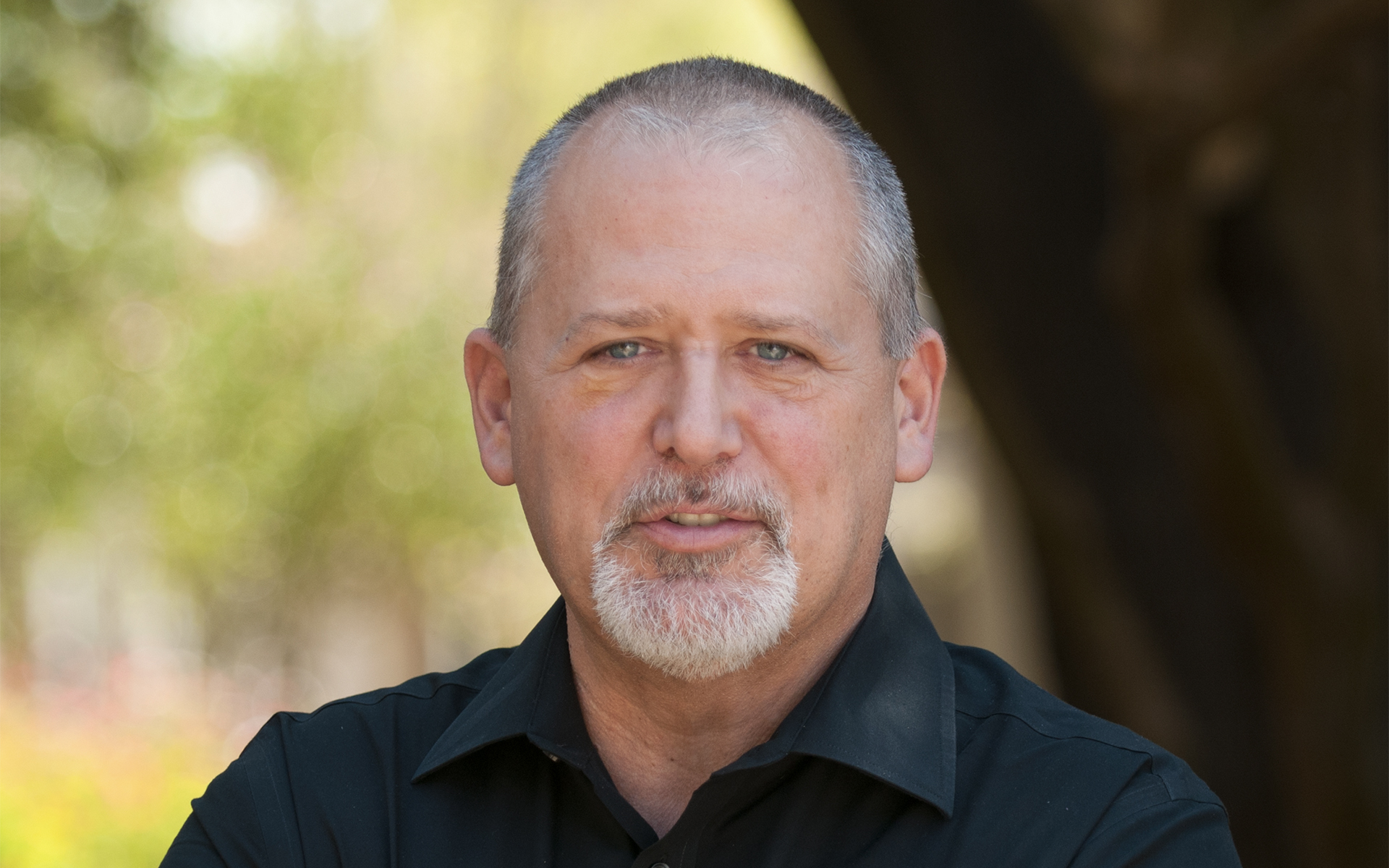The Mind and the Machine: What It Means to Be Human and Why It Matters
Dickerson is professor of computer science and environmental studies at Middlebury College, Middlebury, Vermont. In this book he defends a dualistic view of humanity, that humans are “spiritual as well as bodily beings” (p. xi). He is responding particularly to Raymond Kurzweil (The Singularity Is Near: When Humans Transcend Biology [New York: Penguin, 2005]), who predicts that the rapid pace of technological change will result in a transformation of human life. Kurzweil said, “If humans are complex computers, then maybe we can get rid of our current biological mind (and body) altogether” (p. xii). “The biological intelligence we now associate with human intelligence will be indistinguishably merged with computer intelligence. Our future will transcend biology” (ibid.). In short, the world in which “human consciousness is reducible to the bits and bytes that make up computer code and data” will become a reality (p. xiii).
Such a view, Dickerson argues, has “dramatic implications to our understanding of what it means to be human. Proponents of the view that humans are complex computers have argued [that] to reject it . . . is to hamper scientific progress. To view the human as somehow spiritual is like imagining a ghost pushing buttons in a machine. It is superstitious and unscientific. It prevents us from discovering, understanding, and ultimately making use of the real mechanisms of the computational human brain that controls our actions and determines who we are” (ibid.) On the other hand, opponents of this view “warn of the dangers of treating humans as though they were machines. They warn that it is dehumanizing and destructive to try to program, control, or tinker with them through conditioning, drugs, or genetic manipulation, as we might tinker with a car, computer, or DVD player” (pp. xiii–xiv). Dickerson states his thesis clearly: “The basic argument of this book is that a physicalist worldview of what it means to be a human person—a philosophy that says humans are complex computing machines (perhaps with random number generators)—denies the importance not only of creativity and heroism, but also of healthy ecology and (most surprisingly) of reason and science” (p. xxvi).
In the first part of the book, “Implications of a Human Machine,” the author examines the effects of physicalism on human creativity and heroism, human ecological viewpoint and practice, and human reason and science. This section concludes that humans normally “act as though our beliefs were not only effects caused by the physical realm, but could also be causes of effects in the physical realm. In which case we must affirm the existence of something more than physical nature” (p. 117).
In the book’s second part, “The Spiritual Human,” Dickerson uses J. R. R. Tolkien and C. S. Lewis, as well as the Bible, to defend a Christian dualistic anthropology. This view of humanity created in the image of God “affirms both a material body and an immaterial spirit. It understands the body and spirit to be metaphysically distinct from each other, and yet intimately related” (p. 189). This section will leave many readers wishing he had spent more time in the Scriptures and the Christian tradition, building a biblical and theological framework for his position.
This book is helpful for understanding the physicalist worldview and the question of the relationship between mind and body in contemporary discussions. This book distinguishes Christian integrative dualism not only from physicalism but also from other forms of dualism, such as “Cartesian dualism, a ghost-in-the-machine dualism, or Gnosticism” (p. 199). One significant implication of this discussion is found in Dickerson’s conclusion. Since the Christian worldview affirms a mind-body dualism of humans created in the image of God, it “affirms the real existence of immaterial spirit (and thus contrasts with physicalism) [and] it also affirms the importance and goodness of the body and of physical reality (and thus differs substantively from other forms of dualism)” (p. 189).
About the Contributors

Glenn R. Kreider
Prior to teaching at DTS, Dr. Kreider served as Director of Christian Education and then as pastor in Cedar Hill, TX. His research and writing interests include theological method, theology and popular culture, and our eschatological hope. Dr. Kreider believes that grace really is amazing; it is a thought that will change the world. He is married to his best friend, Janice, and they have two grown children and one granddaughter. He and Janice enjoy live music, good stories, bold coffee, and spending time together and with their three dogs—two rescues, Chloe (a terrier/greyhound mix) and Carlile (a black lab), and one gifted, Faithful (a Bernedoodle therapy dog).
